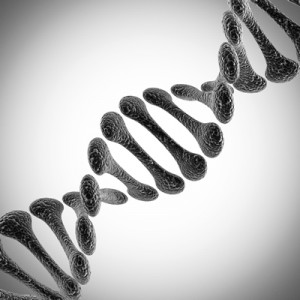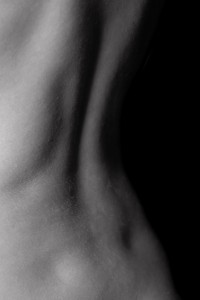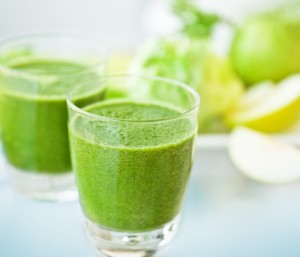Psoriasis
Psoriasis in any form can leave you feeling stressed, frustrated and oftentimes ashamed. Covering up psoriasis can be a challenge. Psoriasis is not the only skin flaking scalp condition. Three of the most common scalp conditions tend to cause flaking. These are psoriasis, eczema and seborrheic dermatitis.
It’s difficult in the City where we tend to wear darker shades of suit in when most publicly exposed. I see scalp psoriasis in naturopathy clinic in Knightsbridge typically with CEOs travelling. In Mayfair and Harley Street naturopathy clinics I’m seeing more males in the City struggling to keep scalp psoriasis at bay.
Psoriasis is a non-contagious, auto-immune condition. It is characterised by skin redness and irritation. Plaque psoriasis is the most common presentation.
Scalp psoriasis treatment needs to be managed using a complete care system. This is because scalp psoriasis affects about 50% of psoriasis sufferers. The thick plaques can extend down from the hairline to the forehead.
Scalp Psoriasis
Scalp psoriasis can be uncomfortable, if extremely itching. At Susannah Makram clinics we have found, more commonly, there to be a stigma and embarrassment surrounding flaking and skin scales. Changing hair styles regularly, to hide extreme dandruff, becomes a ways of life. Psoriasis tends to be a chronic problem, lasting many years, unless it is treated using a functional approach In The Four Phases.
Scalp Psoriasis Treatment
For employers:
Approximately 60% of psoriasis patients missed an average of 26 days of work a year due to their illness. This study demonstrated that income and employment were negatively impacted among patients with severe psoriasis. This was in comparison with mild psoriasis.
2-3% of the total population have psoriasis. This is according to the World Psoriasis Day consortium. [tweetthis]2-3% Total population have psoriasis, according to the World Psoriasis Day consortium.[/tweetthis]
Studies show 10-30% of people with psoriasis also develop psoriatic arthritis. Psoriasis is the most prevalent autoimmune disease in the U.S.
Do you think you might have it? Scalp psoriasis may not cause any symptoms at all so it’s easily missed. If it is itching, it is the most extreme. It often fluctuates in severity and extent.
The good news is psoriasis adapts to treatments quickly. There are a variety of internal and external paradoxical factors contributing to the clinical course of this disease. Like many skin conditions, therefore, it is not very well understood. So although psoriasis is commonly encountered, it is a challenge for conventional medicine alone.
A functional approach investigates this complex nature of the disease to find out WHAT is causing the symptoms – WHY do you have it NOW? What caused your psoriasis in the first place might not be what is causing the flare ups today.
Normally, T cells travel throughout the body to detect and fight off foreign substances. The foreign substances come from viruses or bacteria. If you have psoriasis, however, the T cells attack healthy skin cells by mistake. This is the same action happening to heal a wound or fight an infection. Autoimmune diseases generally respond well to an anti-inflammatory diet. Anti inflammatory diets work best once bad bacteria in the gut are killed off.
Read more about Scalp Psoriasis treatment and FAQs HERE.





